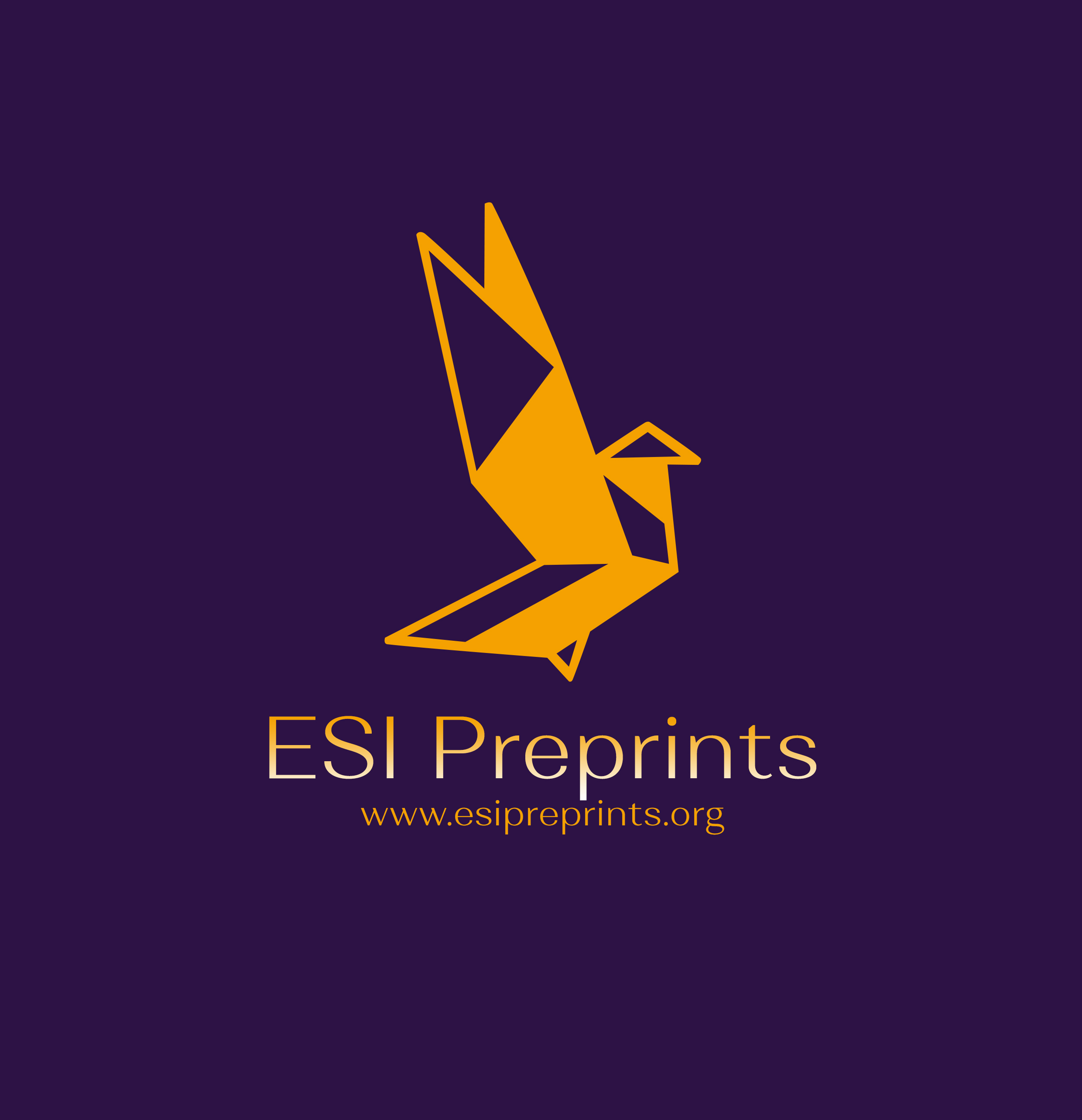La gestion adaptative comme approche pour améliorer la performance des projets de développement rural au Cameroun
Abstract
L’objectif principal de cet article est de répondre au besoin d’amélioration de la performance des projets de développement, partant, de contribuer à l’efficacité de l’aide publique au développement. Cette question est au cœur des préoccupations du Gouvernement camerounais qui fait face au défi permanent d’améliorer les conditions de vie de sa population rurale. L’approche d’étude est explicative et s’attache à identifier les causes du problème afin de faire des propositions qui tiennent compte de l’incertitude rencontrée par la plupart des projets de développement. Après la revue de la littérature, l’état de l’art et le diagnostic, l’analyse des données met en évidence la nécessité de faire face aux risques dans la gestion des projets de développement. L’accent est donc mis sur la gestion adaptative qui propose un cadre managérial dont la performance dépend de la capacité de l’équipe projet à faire face aux risques et aux incertitudes tout au long du cycle de vie du projet. Loin d’ignorer les aspects techniques et les mérites des approches standards traditionnelles telles que le Cadre Logique (CL) utilisé dans la plupart des projets de développement au Cameroun, la gestion adaptative est une approche managériale qui s’adapte aux projets complexes tels que les projets de développement rural en mettant l’accent sur l’apprentissage et la prise de décision structurée pour résoudre les problèmes dans des contextes d’incertitude permanente.
The main objective of this article is to respond to the need for improvement of the development project's performance and, from there, contribute to the effectiveness of public development aid. This question is at the heart of the Cameroon Government concerns which faces the permanent challenge of improving the living conditions of its rural population. The study approach is explanatory and focuses on identifying the causes of the problem in order to make proposals that take into account the uncertainty encountered by most development projects. Following the review of the literature, the state of the art, and the diagnosis, the analysis of the data highlights the need to face risks in the management of development projects. The emphasis is therefore placed on adaptive management which offers a managerial framework whose performance depends on the ability of the project team to deal with risks and uncertainties throughout the project life cycle. Far from ignoring the technical aspects and the merits of the traditional standard approaches such as the Logical Framework used in most development projects in Cameroon, adaptive management is a managerial approach that adapts to complex projects such as rural development projects with an emphasis on learning and structured decision-making to solve problems in contexts of permanent uncertainty.
Downloads
References
2. Arnoud, D. M., Loch, C. H., & Pich, M. T. (2002). A Framework for Project Management under Uncertainty.
3. BM. (2020). Rapport 2020 sur la pauvreté et la prospérité partagée.
4. Chapman, C., & Ward, S. (2003). Project Risk Management (Second Edition). John Wiley & Sons Ltd.
5. Commission Européenne. (2004). Lignes directrices Gestion du Cycle de Projet.
6. Cooke-Davies, T. (2002). The real success factors on projets. International Journal of Project Management, 20(n°1), 185-190.
7. IKA, L. (2011). Les facteurs clés du succès des projets d’aide au développement [Université du Québec]. https://archipel.uqam.ca/3953/1/D2133.pdf
8. Khang, D. B., & Mae, T. L. (2008). Success criteria and factors for international development projects. Project Management Journal, 39(1), 72-84.
9. Kreye, M., & Balangalibun, S. (2015). Uncertainty in project phases : A framework for organisational change management. In Proceedings of the 15th Annual EURAM Conference European Academy of Management, EURAM.
10. Michael, C. (2020). « Agileté » ou « Gestion adaptative » Mettre en oeuvre des actions de solidarité en situation complexe.
11. MINEPAT (2016). Stratégie de Développement du Secteur rural (2015-2020). https://info.undp.org/docs/pdc/Documents/CMR/Strat%C3%A9gie%20du%20Secteur%20Rural.pdf
12. MINEPAT. (2020). SND30. https://minepat.gov.cm/fr/ova_doc/page/2/
13. NEPAD-CEEAC. (2020). Stratégie de Développement du Secteur Rural/Plan National d’Investissement Agricole SDSR/PNIA (2020-2030). https://fr.scribd.com/document/586402827/SDSR-PNIA-actualisee
14. PMI. (2017). Guide du corpus des connaissances en management des projets (Sixième).
15. Simon, H. (1965). The Science of the Artificial. Boston: MIT Press, 2nd Ed.
16. Szreder, J., Walentynowicz, P., & Sycz, P. (2019). Adaptative Project Framework as a Development Project Management Method on the Example of the Kashubska Ostoja Project. Real Estate Management and Valuation, 27(1), 05-14. https://doi.org/10.2478
17. Wysocki, R. K. (2014). Effective Project Management : Traditional, Agile, Extreme (Seventh Edition). John Wiley & Sons, Inc.
Copyright (c) 2024 Hubert Bessi Aboganina, Julio César Martínez Espinosa

This work is licensed under a Creative Commons Attribution 4.0 International License.








